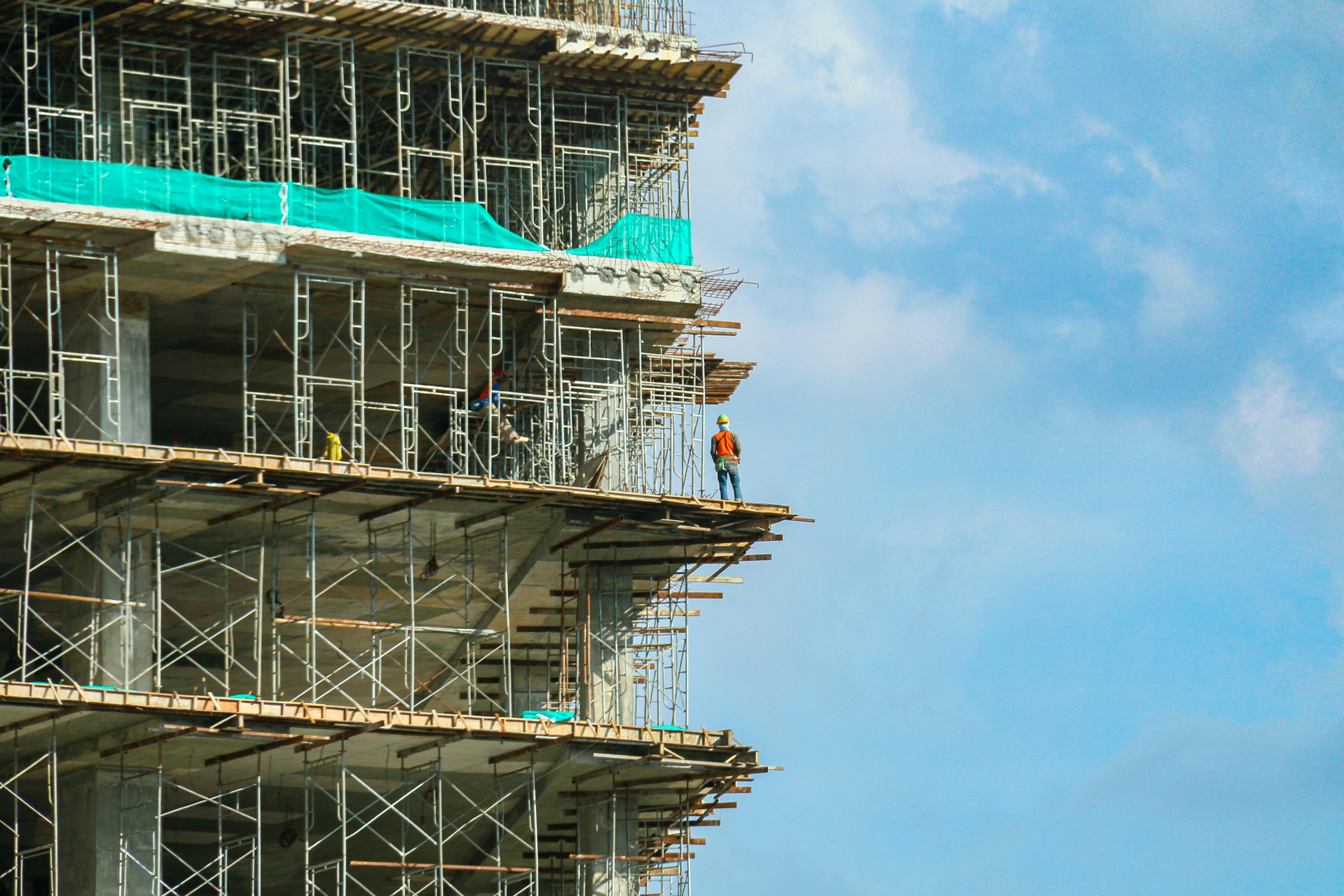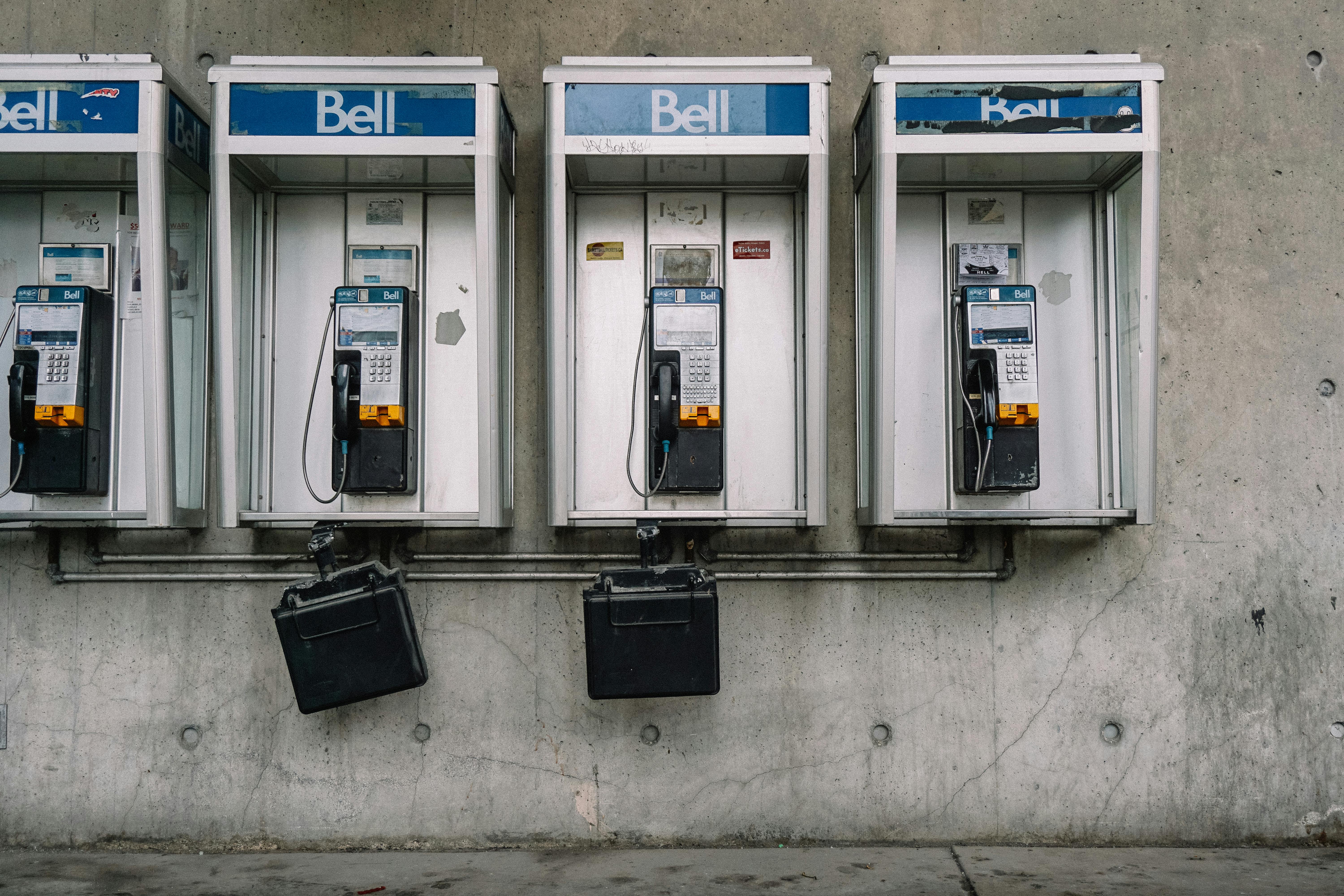In this time of economic recession, one of the main challenges facing people, especially those who live in cities, is rent. The thought of a phone call from the owners or agents has led many to develop high blood pressure.
I know you’ve been thinking about building your own house. I know you’re sick of having to make excuses and explanations to your landlord all the time because of the rent. I also know that times are hard; the economy is at a slow pace.
Building your own house is good as it takes away certain responsibilities. It’s quite an achievement in some parts of the world when you move into your own home. But I would like you to consider a few factors before embarking on your new home projects.
Below are 6 factors to consider before buying land to build your home on.
1. Know a genuine land/owner
This is one of the main reasons why many have ignored the idea of buying land to start construction projects. The stories of land litigation cluttering up the space are enough to put many off thinking about buying land to build their own home.
The world has always witnessed the existence of good and evil. Everything that is good always has its bad version. Our ability to identify the good at all times is what makes us winners in the game of life.
Not all land offered for sale is not genuine and vice versa, but whatever the case, the buyer should ensure due diligence is observed. Desperation should be avoided when it comes to buying land for any project.
Scam artists often take advantage of a buyer’s desperation to trick them out of their hard-earned money. Take your time to ask the necessary questions and make sure you get the right answers before committing.
Where you are not satisfied seek help from professionals. To be honest, don’t ignore professional advice in all your dealings with the land. Do not be silly! When you need to spend money on professional services, don’t see it as a waste of resources.
2. Proximity to main roads and highways
It can be frustrating at times when your home address is not easily accessible to friends and family. And a situation where you have to spend several hours to reach the main road of your town/city could have a negative impact on your health.
Precious time can be saved when your land is not far from the main road and highway in your location. This can have a positive impact on time spent on daily activities and commitments.
Thoughts like the proximity of the land to the main road and the main road of the city are crucial when thinking about buying land for housing projects.
3. Proximity to the office or workplace
That you have become an owner is not a reason for your work or business to suffer. This is an important factor to consider before embarking on a construction project. I have seen people who have to abandon their business in the city because they moved to their own house in a remote part of the state.
Thereafter, they will not be able to earn money as they have been before becoming homeowners. Houses that are in remote areas could be rented out waiting for the owners to be optimistic enough to take on the challenges of living there with no regrets.
4. Proximity to electricity
Electricity is an essential factor to take into account when planning the construction of your home. Running a home without access to electricity can be very expensive and frustrating. It will negatively affect your budget. It can even have a negative impact on your health.
It may not be readily available at your proposed farms at the time you purchase the land, but it should not be far from your vicinity. However, the cost of installing electricity on site should be friendly and easily affordable if it is to be installed in a short time.
5. Proximity to telephone networks/internet
Today’s world revolves around technology, with the phone and the Internet being the main drivers. However, it is not unlikely that these services are not yet operational in several places.
Living in areas without telephone or internet access is like living on an island. In this global village we live in, you will be fine with a good phone and internet access without which you are inaccessible and cut off from the world of information.
6. Proximity to banks/ATMs
You will always need cash to run your life and home. Especially in an environment where e-commerce remains unpopular and many businesses still rely on the traditional method of selling, there will be trust in cash all the time when you’re in your new home.
Unlike in the past, when you could keep cash at home for as long as possible, the current security challenges facing many countries do not allow the storage of excess currency at home.
Access to a bank or an ATM would remove the burden of holding and accessing cash when it expires, because without access to cash one could be stranded at home. A situation where one will have to travel hours before accessing banking or ATM services should be avoided when conceiving the idea of building your own house.
7. Total cost to build and live in your new home
This is what will determine if you will be able to build and maintain your proposed home. The cost of land, construction and provision of basic services must be properly considered before embarking on projects.
It can be frustrating to own a building in a location that is not easily accessible by road. The cost of maintaining the cars, providing security and electricity, could make one give up ownership status too soon.
8. Comfort of family members and dependents
You will not live alone in your new home. Consideration must be given to the comfort of those who will be living with you in the home. What is good for you may not be good for your spouse or children.
It will not be fair to deny your children access to a quality education because you now live in your own home. The impact of the proposed area on your health and emotions should also be of concern to you.
These 8 factors to consider before buying land to build your home if followed religiously will not only save you money, but also protect you from unnecessary stress.
I would like to hear from you as well, as your opinion can help many of my readers. Kindly share your thoughts on this post via the comment box below. And if this post will help someone around you, feel free to share it with your social circle.









